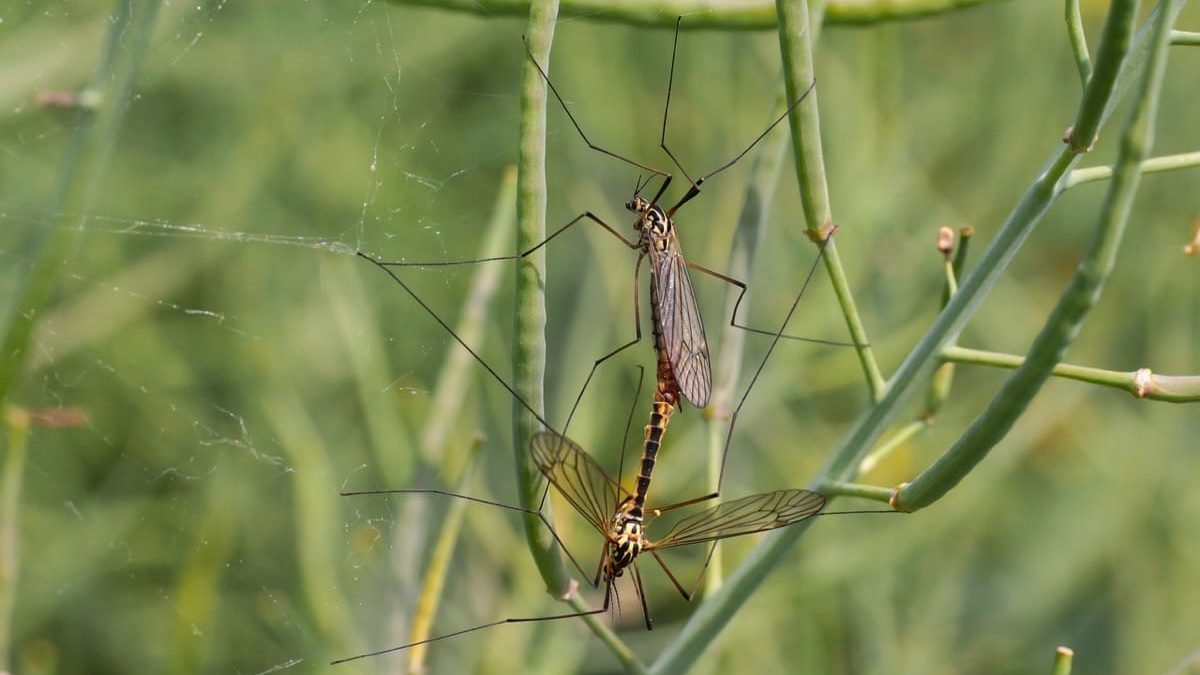
Where Do Mosquitoes Sleep?
Mosquitoes. Just the name conjures up images of itchy bites, sleepless nights, and the dreaded hum that signals an impending attack. But have you ever stopped to wonder where these blood-sucking insects go when they’re not buzzing around your head? Do they have tiny mosquito beds tucked away in hidden corners? The answer, as with most things in nature, is a bit more fascinating.
Where Do Mosquitoes Sleep at Night?
Contrary to popular belief, mosquitoes don’t sleep in the same way humans do. They enter a state of torpor, which is similar to sleep but not quite the same. During torpor, their activity levels drop significantly, and they become less responsive to stimuli. This helps them conserve energy, especially important at night when temperatures are cooler and finding food is harder.
So, where do these sleepy mosquitoes hang out at night? Their favorite spots are:
- Cool, sheltered areas: Think tall grass, under leaves, or inside tree holes. These places provide protection from predators and help them stay cool and hydrated.
- Man-made structures: Garages, sheds, and even your own home can become mosquito havens if they find a way in. They especially love damp areas like basements and attics.
Where Do Mosquitoes Sleep in the Wild?
In the vast wilderness, mosquitoes have a variety of options for their nightly slumber. Here’s a peek into their wild sleep habits:
- Forests: Dense forests with plenty of vegetation offer the perfect combination of shade, moisture, and hiding spots. Mosquitoes can perch on leaves, hide under bark, or even burrow into the soft earth.
- Swamps and marshes: These mosquito paradises provide ample breeding grounds and resting areas. Mosquitoes can rest on reeds, cattails, or even the water’s surface itself.
- Caves and rock crevices: These offer cool, dark shelters, perfect for escaping the heat and predators.
Where Do Mosquitoes Sleep in the Winter?
Mosquitoes are cold-blooded creatures, so they can’t survive freezing temperatures. So, what happens to them in the winter? Here are their winter survival strategies:
- Diapause: Some mosquito species enter a state of diapause, which is like a deep hibernation. They stop feeding and breeding, and their metabolism slows down dramatically. This allows them to survive the cold months.
- Seeking shelter: Other species find sheltered areas where they can stay warm, such as caves, burrows, or even inside buildings.
Mosquito Sleeping Habits: What You Need to Know
Understanding where mosquitoes sleep can help you avoid them and protect yourself from their bites. Here are some key takeaways:
- Mosquitoes are most active at dawn and dusk, so take extra precautions during these times.
- Eliminate potential breeding grounds around your home, such as standing water in gutters, birdbaths, or old tires.
- Use mosquito nets when sleeping outdoors or in areas with high mosquito populations.
- Wear long sleeves and pants when spending time outdoors, especially in the evenings.
By understanding mosquito sleep habits, you can take steps to minimize their impact on your life. Remember, a little knowledge can go a long way in keeping those pesky buzzers at bay!



